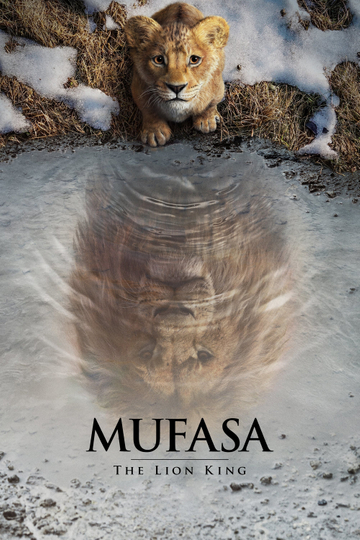Class I Plot
Episodes 1 – 6 Austrian Whites, California, Western Loire Valley, Southern Rhône Valley, Tuscany & German Burgunders. Hosts of these episodes are: • Christy Canterbury MW • Andreas Larsson, World's Best Sommelier 2007
WineMasters Class Class I aired on April 1st, 2020.
Class I Episodes
1. Austrian Whites
Austria makes some of the greatest dry white wines on the planet, both in terms of value and overall quality. The Danube River going through the north-eastern part of the country provides ideal conditions for the rock star white grape varieties Grüner Veltliner and Riesling. You will learn to train your palate and all about the Austrian wine regulations, one of the strictest wine laws in the world and be surprised about two wine and food pairings.
2. California
Although California is quite a young wine-growing area comprising most of the European wine regions, it has a lot of history. You will learn about the ups and downs in the region, including the Judgement of Paris which has put California wines on the map. Learn about the bold Cabernet Sauvignon from Napa and Chardonnay from Sonoma and Zinfandel from the Sierra Foothills. The experiment will explain how wine is made from grapes.
3. Western Loire Valley
The Loire Valley is most famous for its castles along the longest river of France, but it is also a very diverse wine region. In this episode we focus on the western part of the Valley, discussing the wine regions of Touraine, Anjou-Saumur and Nantais. Sur Lie, a wine term that can be found on the label of Muscadet wines, will be explained in our experiment.
4. Southern Rhone Valley
From the friendly and easy-drinking Côte du Rhône to the prestigious Châteauneuf-du-Pape, we will be rolling through the terroirs of the Southern Rhône Valley, discussing red and white wines made of a wide variety of grapes. The influence of oak aging will be discussed in our experiment and of course how you can detect these influences in the wine.
5. Tuscany
Tuscany is one of the oldest wine regions in Europe and is mostly known for Chianti. This episode will explain to you all about the Sangiovese grape and different wines made from this variety. In the experiment we will focus on tannins, what are tannins and how can you detect them?
6. German Burgunders - Pinot
It is not only in Burgundy where the Pinot family thrives, in Germany the grape varieties are very popular and are called Burgunder here. You will learn about Spätburgunder, Weissburgunder, and Grauburgunder for Pinot Noir, Pinot Blanc, and Pinot Gris respectively. The experiment will demonstrate that there is much to tell by just looking at the wine.

























